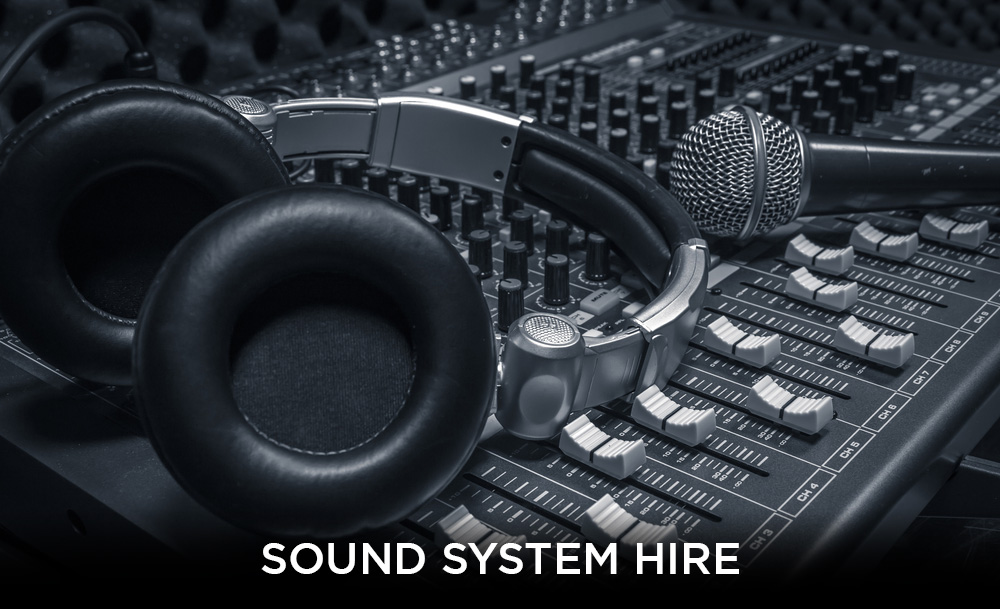Traditionally, any organisation’s HR department was primarily responsible for recruiting new employees and supporting current employees. With the emphasis on growing adoption of fruitful workplace dynamics,, the onset of new normal has developed. The human resources professionals are changing and expanding from the typical mould of previous years. In a time where employee upskilling is critical,, HR professionals are the new faces irrespective of the organization. The role of HR in today’s work is more important than ever. The future of work will affect the three deeply connected dimensions of an organization, the work (what people are doing), the workforce (the people who are working) and the workplace (where they are working).
Furthermore, technology will bring more changes to the workplace. The HR professionals need to act more like internal consultants, reexamine workforce planning, redesign jobs, employee experiences and reset work trends. Many companies are undertaking digital transformations, changing their products or services, introducing automated jobs and building internal capabilities and operations. The impact of artificial intelligence is putting the workforce at risk of redundancy. The trends are changing employment expectations.
The newer responsibilities of HR include helping their organizations prepare for the future of work by offering training opportunities, guiding the employees to make their way from entry-level to senior staff and helping them grow professionally. This will lead to better organizational efficiency, help retain employees and acquire new business talents. The functions of HR manager should be enabling their employees for high performance and reaching their maximum potential.
The role of HR is essential from many perspectives. Firstly, pushing the organizations to bring in massive transformations due to the pace of change and uncertainty in the business environment. Secondly, leveraging evolving employment models like remote working, gig works, new challenges and demands of a multi-generational workforce and managing technology-driven workflows.
This shift is due to the changing economy and more employment opportunities. The increased use of social media, artificial intelligence, automation, machine learning, analytics and new working models have changed HR managers’ functions. The role of HR has changed preferences, aspirations and expectations of both individuals and organizations. From being a support function to a trusted partner in growth, from the controller to enabler, reactive to proactive, regressive to progressive, being rigid to agile and effective, process-centric to employee-centric, from operational to strategic, theory to data-driven, from no-tech person to supporting gig work and other emerging employment models, the role of HR is shaping the future of work.
But for the workplace to be future-ready, technology is a critical factor. According to a research conducted by Accenture and the World Economic Forum, 87% of the workforce are willing to invest their time learning new technologies such as artificial intelligence, as it is necessary to improve their work experience. Currently, the role of HR is to understand employee’s strengths. The functions of HR manager should continue to make changes in processes, developing an organizational structure to result in a better workplace for employees. As HR professionals, you need to be prepared with the knowledge, abilities and skills to move your organizations forward and shape the future of work.
Tomorrow’s HR professionals need to be broader and bigger thinkers, tech-savvy and agile enough to deal with an increasing and relentless workforce. It’s the best time to be out there and connect with the employees. In general, by incorporating analytics into the HR realm, professionals can attract, develop, retain and engage the best talent. This would help offer a supportive and collaborative workplace with useful resources and improved employee experiences.
The curriculum of the second-year MBA course in Organization Behaviour and Human Resources at Indian Institute of Management Udaipur is an endorsement to the knowledge and competency gained in HR functions. The young and best academicians deliver a rigorous and updated curriculum. Regular interaction with industry leaders, advanced leadership course, industry immersions, intense use of case studies and simulations, internships, career support, are few ways IIM Udaipur is shaping the young minds.








